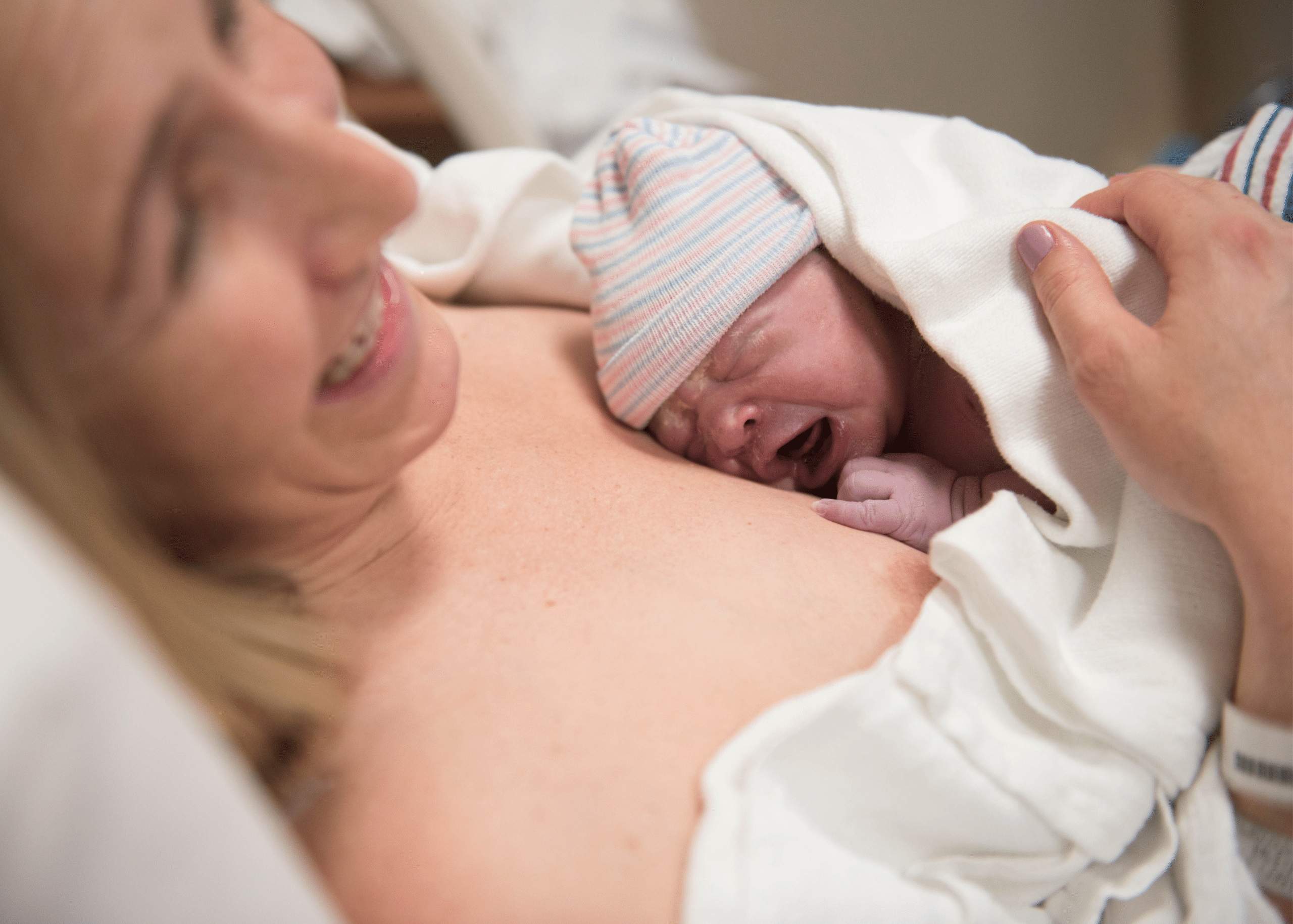Written by Natalie Richardson, Birth Injury Solicitor
Maternity services are under increasing scrutiny at the moment, with 10% of NHS maternity care services rated as inadequate and 39% rated as requiring improvement in 2023. This is an increase from 6% and 33% respectively in 2022, which has contributed to a culture of fear and blame within maternity care.
The recent State of Care 2022/23 publication by Care Quality Commission (CQC) identified the key issues in quality of care as follows:
- Increasing demand and pressures on staff which are taking a toll on their mental health and wellbeing
- Many people still not receiving the safe, good quality maternity care that they deserve, with issues around leadership, staffing and communication
- Ingrained inequality and the impact on people from ethnic minority groups remaining a key concern
- The quality of mental health services being an ongoing area of concern
The NHS is under huge pressure at the moment, particularly in regard to safe maternity services and shortage of maternity staff. The key challenges for most NHS Trusts continue to centre around staffing issues and leadership concerns.
National Maternity Safety Conference 2023
The National Maternity Safety Conference 2023 welcomed esteemed speakers and delegates from far and wide, including current midwives/clinicians, doctors and NHS managers to consider, reflect and discuss making maternity services better and safer for all parents- to- be, and for maternity staff. The conference focused on some of the current issues in maternity services and how they could be potentially addressed to create a better and safer service for families, but also to create a better working environment and work culture for all staff.
Culture within the maternity services in most UK hospital Trusts was considered to be a key issue and something that, if addressed, could have a substantial impact on maternity services as a whole. The following issues and improvements, arising out of culture, were identified during the conference:
| ISSUE | IMPROVEMENT |
| Only learn from failure | Improve systems for learning from failure |
| Using models for linear systems | Identify the warning signals |
| Focused mainly on individuals | Focused on understanding performance in complex systems |
| Retrospective | Proactive |
Another key issue that was identified and addressed within maternity services was the inequality in the care/service provided to people from ethnic minority groups, who continue to experience additional risks; such as still births, infant mortality and re-admission during the 6-week postpartum period. There is also a concern that individuals’ lived experiences are not being heard and listened to. The importance of families being heard in maternal health care is clear; and can improve trust and experiences, reduce stress and anxiety and can lead to earlier detection and intervention of potential issues.
Increased pressure on maternity services
Pressure on maternity services is unfortunately increasing and funding is an ongoing issue. Donna Ockenden, speaking at the 2023 Conference, stressed that a key factor in improving maternity services is the need to receive, in full, the maternity funding that was set out in the Health Select Committee report in June 2021.
Maternity services are a crucial part of our NHS and action is required to improve the service for families who access it and staff who work in it. With a focus on leadership, staffing, equality and listening – vast improvements could be made.
However, the key takeaway message from the current state of maternity services is that without more funding and support, very little can be done. This is reflected in the unsafe care provided to parents-to-be, low maternity staffing, low morale and a culture of blame, NHS managers not leading efficiently; and ultimately, increasing the likelihood that medical negligence occurs, which leads to the NHS having to pay out more in compensation. This puts the NHS under further financial pressure and strain. It is a vicious cycle where patient safety is compromised, therefore maternity safety in all UK hospitals must improve and must do so, fast.
If you, or your child has been affected by maternity negligence, our team of birth injury solicitors are here to support you. Patient Claim Line is home to one of the most experienced birth injury teams in the country – speak to us on 0330 107 0048 0246 or you can start your claim online.
Sources:
